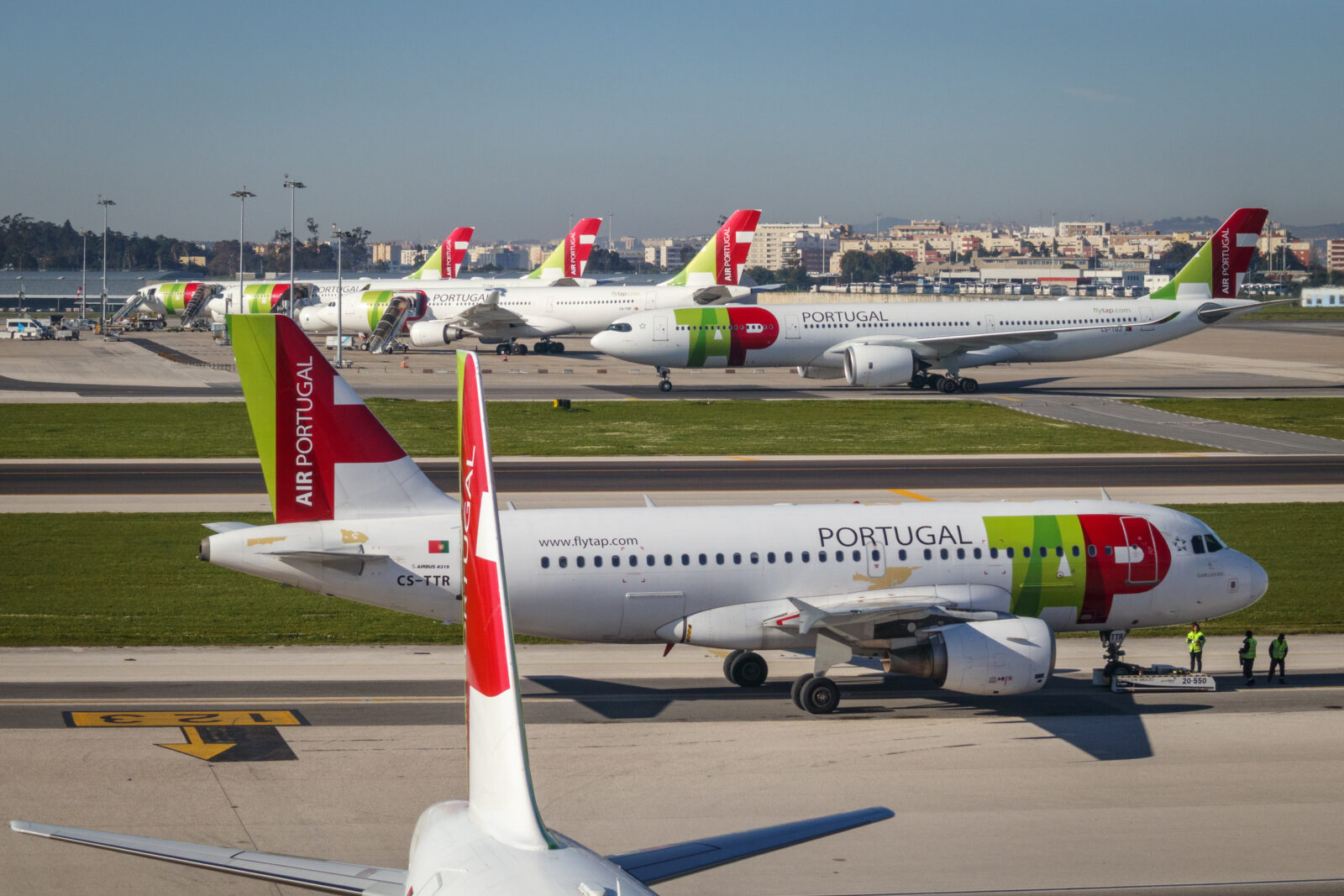
European airlines have been told that they will have to compensate passengers who might get caught up in significant disruption as a result of a massive NATO military exercise that will stretch across Germany, Czechia, the Netherlands and Romania from June 12 to June 24.
Air forces from 24 nations will take part in the exercise, which will simulate a so-called ‘Article 5’ scenario. Article 5 of the North Atlantic Treaty Organization (NATO) defines the concept that an attack on one member is an attack on all members and will result in a collective response.
Over 220 aircraft will take part in the ‘Air Defender 2023’ exercise, including assets from the United States and United Kingdom, Japan, and Turkey, as well as a slew of European nations, coordinated by the German air force.
NATO says it is attempting to reduce the impact on civilian flights during the exercise, but airlines are concerned that military operations across such a large swathe of Europe could result in air traffic control restrictions which will quickly have a knock-on effect across the while continent.
Under European law, airlines are required to pay compensation to passengers in the even of a significant delay unless the disruption is due to an ‘extraordinary circumstance’.
The definition of ‘extraordinary circumstance’ has been tested in European courts for years but the question of whether airlines could claim a military exercise as an extraordinary circumstance has never been answered.
That is, until now. In a recent ruling, Europe’s Directorate-General for Mobility and Transport has concluded that any delays resulting from the Air Defender exercise will be eligible for compensation under the EU’s air passenger rights legislation.
The EU261 rules entitle passengers to compensation if their flight arrives more than three hours late than scheduled. Depending on the length of flights, passengers can claim between €250 and €600:
| 1,500 km or less | €250 |
| More than 1,500 km with the EU Or between 1,500 km and 3,500 km for all other flights | €400 |
| More than 3,500 km | €600 |
The rules apply to all EU-registered airlines no matter where the flight is operating in the world, while the rules also apply to non-EU airlines if they are operating flights to or from the EU.
It’s still possible that the exercise will pass off without much disruption of regular commercial flights, but the International Air Transport Association (IATA) has slammed the decision by Europe’s transport commission, saying it “should not fall on airlines to pay EU 261 compensation if air navigation service providers start imposing capacity reductions on airlines less than two weeks before scheduled dates of travel”.
NATO says it will try to limit the impact on commercial flights by limiting exercise periods to between two and four hours in each area. During these times, however, the areas will be completely closed to civilian flights.
In a statement, a spokesperson said NATO was working with air traffic control authorities to “minimise the effects on civilian air traffic as much as possible.”
Mateusz Maszczynski honed his skills as an international flight attendant at the most prominent airline in the Middle East and has been flying ever since... most recently for a well known European airline. Matt is passionate about the aviation industry and has become an expert in passenger experience and human-centric stories. Always keeping an ear close to the ground, Matt's industry insights, analysis and news coverage is frequently relied upon by some of the biggest names in journalism.







